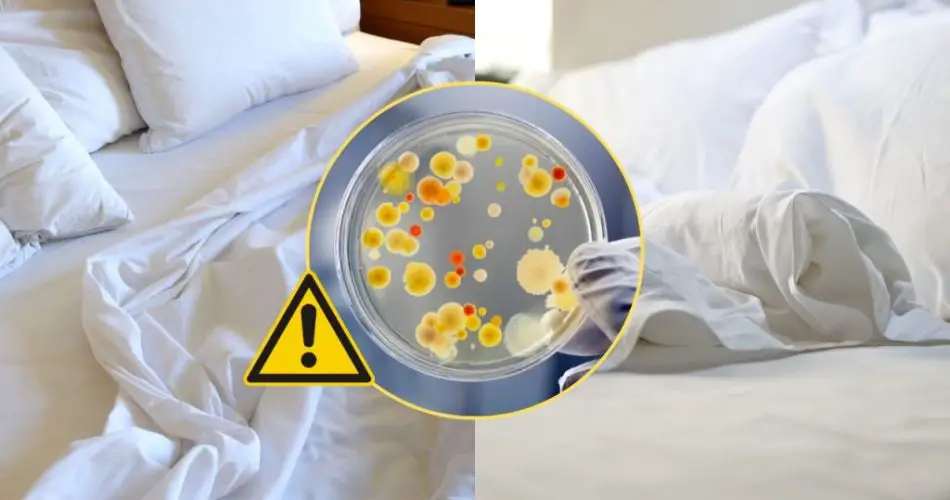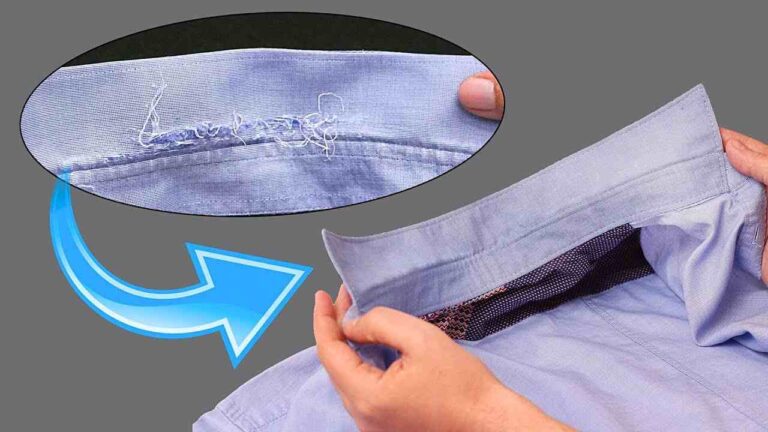Sheets full of dust and bacteria: how often should you wash them
Juwel composter test: The best in comparison 2024
The combination of “sheets and bacteria” may not occur to us, after all they have been washed at high temperatures… but how calm can you be between the sheets?
Having a fresh and clean-smelling bed again is priceless, except taking care of it every day, ventilating the bedroom and changing the sheets at regular intervals. But how often should it be done?
Sheets and bacteria
The bed is a space where, in addition to sleeping, you usually eat, share time with pets or have sexual relations. Bedding can be a breeding ground for many diseases.
In any case, the mixture of humidity, sweat, secretions, dandruff, dead skin cells and sometimes food residues can constitute a privileged environment for the growth of a large number of germs, including bacteria, fungi, viruses and even small insects.
Therefore, there are many people who end up spending a lot of time in the bedroom, and not just at night or just to sleep. If you don’t keep this room clean, you can have several problems.
Our body is full of bacteria and fungi that are good for us. But it is one thing to have them in our body and another to let them live in our bed.
And, worst of all, they reproduce with the humidity that accumulates during sleep , from saliva, from the liquids they secrete, from skin cells and even from feces.
Dust mites accumulate in the bedroom. It is believed that 10% of the weight of a two-year-old pillow is made up of dust mites and their excrement.
When you should change your sheets
The ideal for proper hygiene is to wash bedding once a week with hot water . This is essential to maintain a clean and healthy space, help prevent allergies and maintain good personal hygiene.
Obviously if you live in a place with a very hot climate, or in summer, it is better to wash more frequently, because it increases night sweats.
It is also recommended to wash your sheets once a week at a temperature between 55 and 65 degrees , then dry them properly to effectively kill bacteria.
For this reason, it is recommended to dry them outdoors, since sunlight is the most effective at eliminating microorganisms.
Cushions, on the other hand, should be washed every three months. If we have never washed them, up to a third of their weight corresponds to mites, bacteria, dead skin and some species of fungi.
If the pillows are made of feathers, it is advisable to take them to the dry cleaners, but if they are synthetic, you can put them in the washing machine without fear, because at 60 degrees you kill all the bacteria.
It is also very important to dry them well, otherwise mold will appear.
Like sheets and pillows, the mattress also accumulates dust, bacteria and mold that can cause infections and allergic reactions of all kinds. The mattress should be vacuumed and well ventilated every six months.
In case of stains, they can be rubbed with a cloth moistened with cold water and upholstery soap. Again, it is very important to dry it well after the operation.






